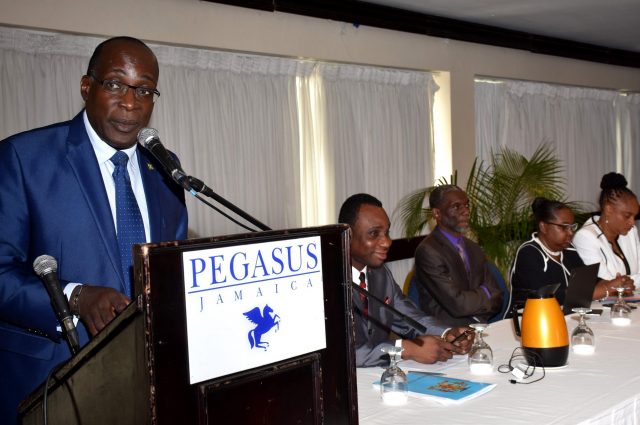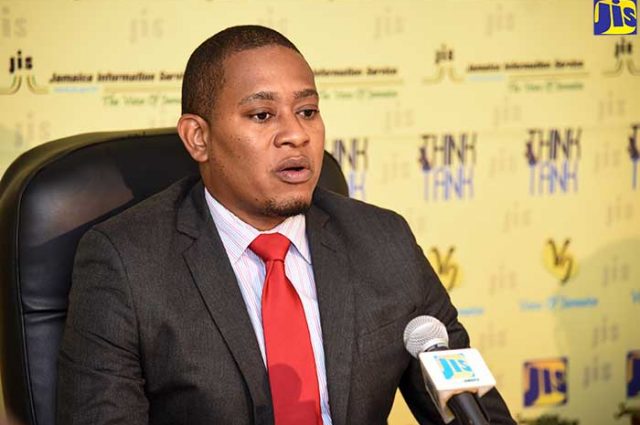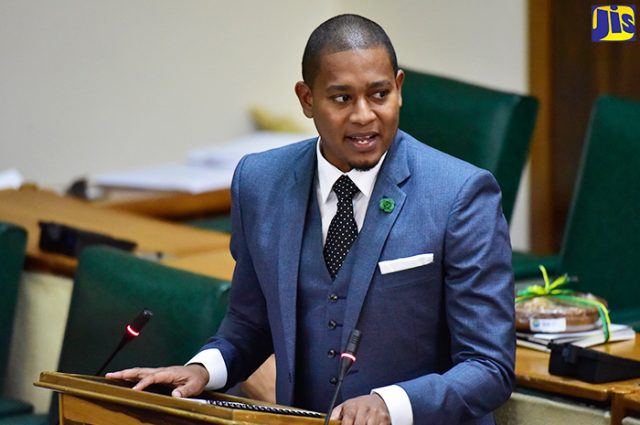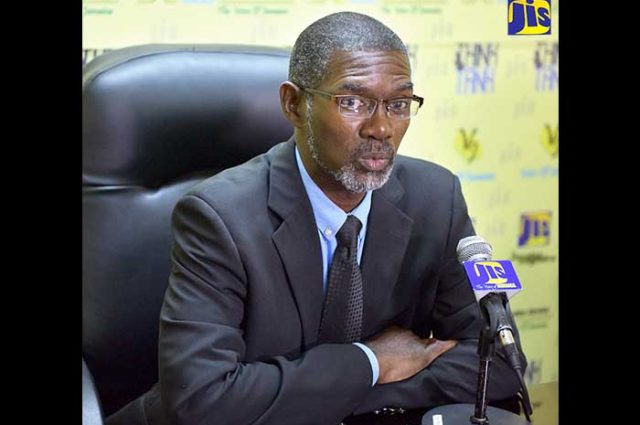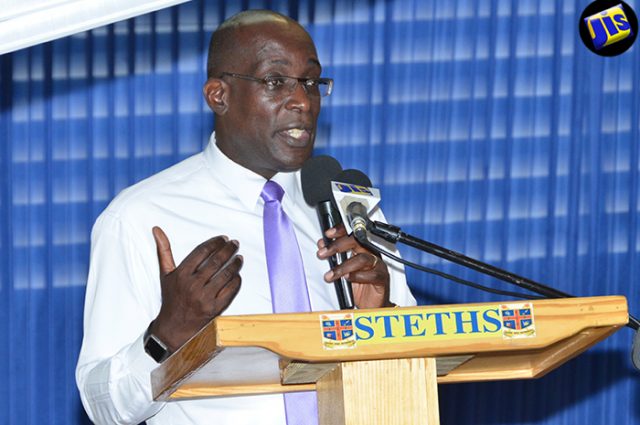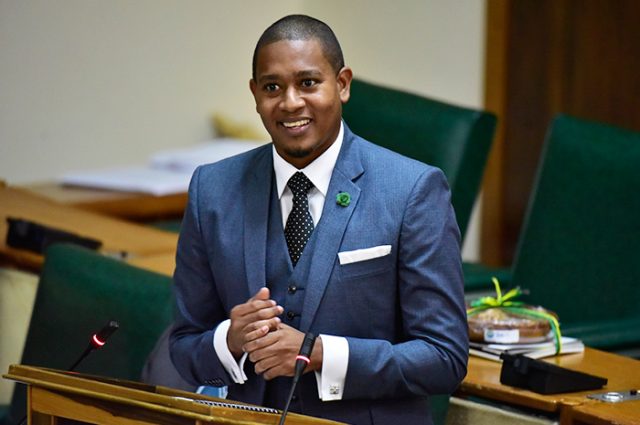JIS: Jamaican students sitting Caribbean Examinations Council (CXC) subjects will soon be required to take some aspects of their examinations online.
This forms part of the CXC Learning Hub, which was launched during a press conference at The Jamaica Pegasus hotel in New Kingston on Thursday (May 10).
Through the hub, students will have increased access to CXC material as well as resources produced by the examination body’s external partners.
Minister of Education, Youth and Information, Senator the Hon. Ruel Reid, in welcoming the move by CXC said that with the advancement of technology, it is only fitting for Jamaica’s education system to start testing the use of online examinations for students exiting the secondary level.
He said the plan to use audiovisuals, videos and animations in multiple-choice testing will provide a particularly attractive option for boys and will help them perform better in external examinations.
The Minister hailed the hub as an exciting development. “With a growing emphasis on incorporating information and communications technology (ICT) into the teaching/learning process, easier access to resources in multiple formats, such as audio, video, animation, text, images, hyperlinks, e-books and links to CXC social media platforms, should prove very attractive and useful to current students and teachers alike, and particularly boys,” he said.
CXC Registrar, Glenroy Cumberbatch, said CXC is utilising e-testing in the British Virgin Islands (BVI), where students’ physical records were destroyed during hurricane Irma.
“This year, [BVI] has decided to do all of their examinations – Caribbean Secondary Education Certificate (CSEC), Caribbean Advanced Proficiency Examination (CAPE), [and] Caribbean Certificate of Secondary-Level Competence (CCSLC) online, both paper ones and paper twos,” he said.
He noted that the students have already sat mathematics and English, “and they went through without any major challenges”.
Mr. Cumberbatch said that e-testing makes grading easier and enables saving examination papers in a database, which will ensure that they are preserved during natural disasters.
The CXC Learning Hub will provide an integrated system that will house myriad resources that can be accessed by learners free of cost (freemium) or for a fee (premium).
Resources that will be available free are interactive syllabuses, subject reports, practice tests and digital toolkits that contain resources for learners and teachers, including infographics, animations, audio, images and videos.
The premium content will include games, process animations and other multimedia learning objects that have been created by CXC.
Users will have flexibility in how they access the resources, whether through a micro or macro format.
At the micro level, users will be able to access a chapter in a book or an article in a journal, for example, rather than purchase the entire publication.
At the macro level, users can access a set of resources or a single resource in its entirety. Additionally, they will have the option of purchasing material and owning it or may opt for subscription access for a specific period of time.
Resources in the hub will support CXC’s suite of qualifications – Caribbean Primary Exit Assessment (CPEA), CCSLC, the Caribbean Vocational Qualification (CVQ), CSEC, CAPE and associate degrees.
The Ministry of Education, Youth and Information will provide information to the public about the CXC online tests once the system is in place.
CAPTION: Minister of Education, Youth and Information, Senator the Hon. Ruel Reid (left) speaking at the launch of the Caribbean Examinations Council (CXC) Learning Hub at The Jamaica Pegasus hotel in New Kingston on Thursday (May 10). Seated at the head table (from left) are Permanent Secretary in the Ministry, Dean-Roy Bernard; CXC Registrar, Glenroy Cumberbatch; Chief Education Officer, Dr. Grace McLean; and Pro-Registrar, CXC, Dr. Carol Granston.


